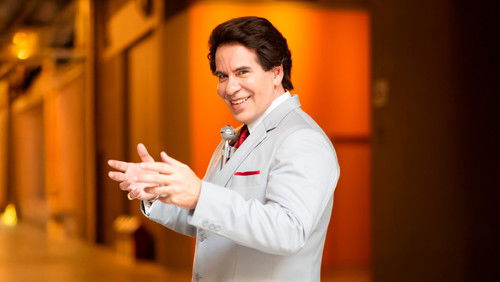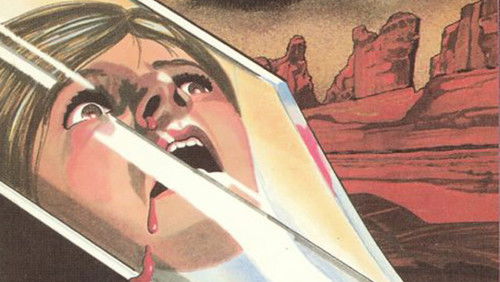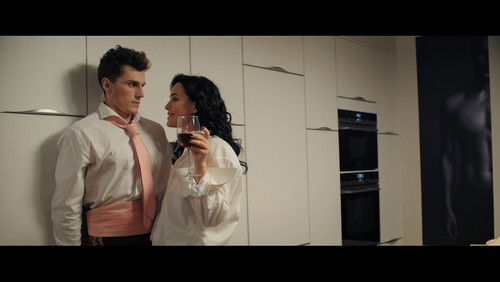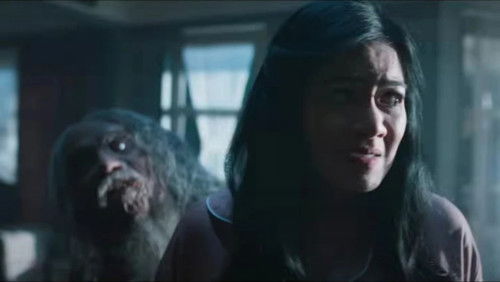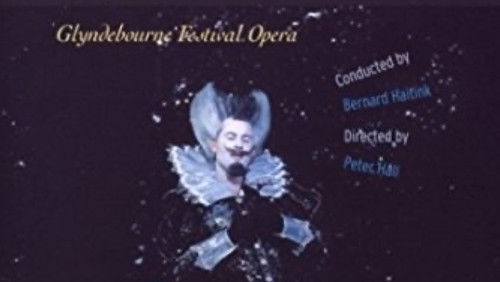The Nun and the Devil (1973)
22KThe Nun and the Devil (1973). 1h 40m | R
“The obvious film to compare this to is Ken Russellu0026#39;s u0026#39;The Devilsu0026#39;. Both films are explorations of cloister depravity and resulting inquisitions. Neither are exploitation movies. u0026#39;The Devilsu0026#39; didnu0026#39;t really try and be erotic, it was more a portrait of human insanity from a spiritual dark age. u0026#39;Monache di Santu0026#39;Arcangelou0026#39; has higher moral currency because it is a purposeful exploration of the subjugation of women. Thereu0026#39;s erotic value of course, but itu0026#39;s not gratuitous. The suppression of human sexuality can of course be used as fodder for Women-In-Prison movies or nunsploitation but also polemically. There is a lot of scope in such movies as this, one example I have seen championed is Jesus Francou0026#39;s u0026#39;Love Letters of a Portuguese Nunu0026#39; (1977) which is a criticism of Catholic patriarchy. Basically the movie says that the convents are used to house affluent undesirables and heaps upon the hypocrisy of the Cardinal and his vicar. Not that I would say any of the political comment in this movie is particularly trenchant.u003cbr/u003eu003cbr/u003eWhilst Iu0026#39;m sure that such polemic was one of the main aims of the film, the main success is to be found in the love stories. Indeed it wouldnu0026#39;t surprise me if this movie became some sort of lesbian underground hit, because the dynamics of the relationships in the movie are quite well done. Sister Chiarau0026#39;s obsessive love for example for Mother Julia is very carefully studied: After Chiara is given the cold shoulder in favour of the young initiate Agnes, she takes to self-mutilation and writing poison pen letters about the nunnery to His Eminence. When they are back together again Chiara, even though she realises that the resurrected relationship is likely to be due to Juliau0026#39;s fear of blackmail is content to live the lie. Itu0026#39;s clear to me though that Mother Julia felt much regret over her abandonment of Chiara, when they are back together she tenderly kisses the scars on Chiarau0026#39;s knees that were caused by her purposefully kneeling on broken glass. In another scene she feels remorse when she sees that Chiara has deliberately cut herself on the thorns of a bunch of roses. She is also unable to tolerate the torture of her lover. Basically itu0026#39;s the sapphic romance of the movie that really works well. As laudable as the politics of the film are that part of the directoru0026#39;s vision lacked pathos. Basically the men in the movie deliver their lines flatly and the scriptwriter didnu0026#39;t appear to have any passion for the politics of the period. u003cbr/u003eu003cbr/u003eItu0026#39;s always intrigued me to see relationships unimpinged by hidden breeder agendas, to look at unhinged love. This film provides ample opportunity.u003cbr/u003eu003cbr/u003eIt might be of interest to readers to look at the structure of the film, it is really rather like a Jacobean tragedy in many respects. We have the gratuitous and unexpected murder of Pietro, we have the Machiavellian political powerplays and joustings, the immorality of the cast – principally Don Carlos – and the scenes of torture. And then there is the protagonistu0026#39;s monologue, this time delivered by Julia to the inquisitorial priests, quite similar to the repentance of du0026#39;Amville from Cyril Tourneuru0026#39;s Jacobean play u0026#39;The Atheistu0026#39;s Tragedyu0026#39;.u003cbr/u003eu003cbr/u003eu0026#39;Monache di Santu0026#39;Arcangelou0026#39; lacks great production values for me. Others will say that they are a cut above other nunsploitation movies and they are right. However this movie is still pretty unpolished compared to other period movies even though it tries very hard. This wonu0026#39;t matter to you too much if you are interested in this film because of the dynamics of the relationships. In that sense it is successful as, say, Fassbinderu0026#39;s u0026#39;The Bitter Tears of Petra Von Kantu0026#39;.u003cbr/u003eu003cbr/u003eI canu0026#39;t give the movie higher than 7/10 however because some of the major set pieces, like a poor soufflé, fail to rise to the occasion.”
